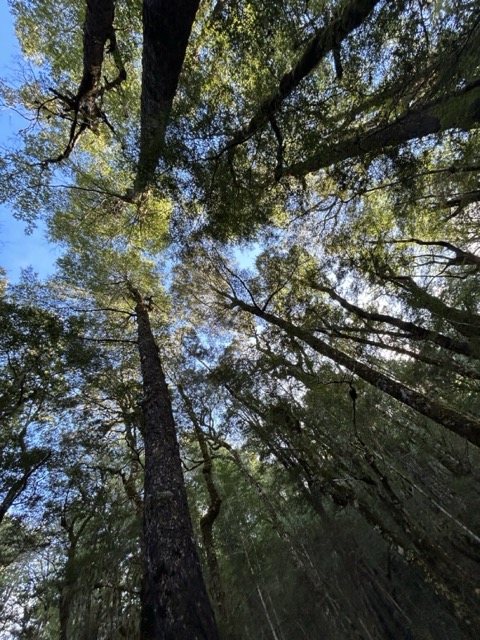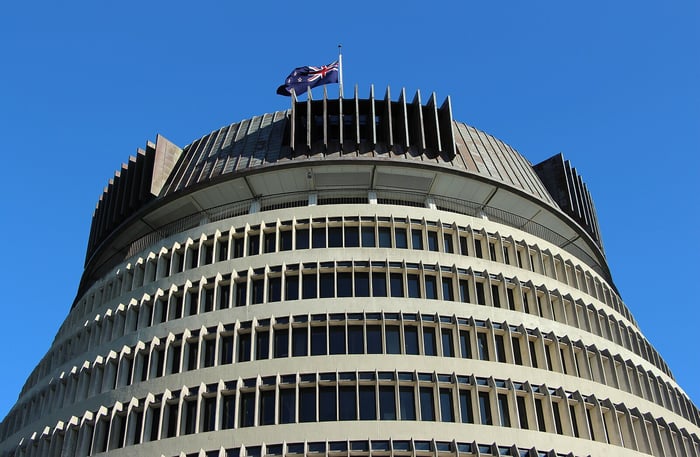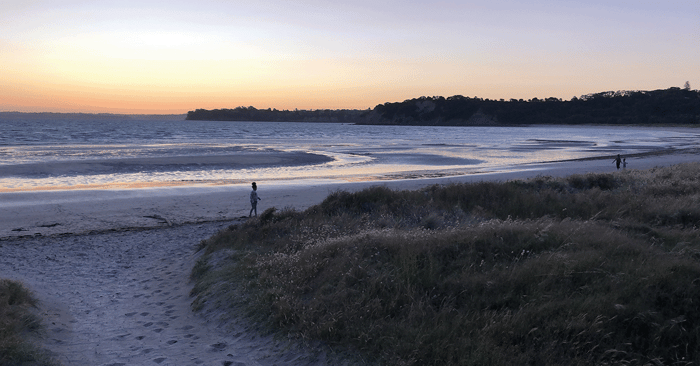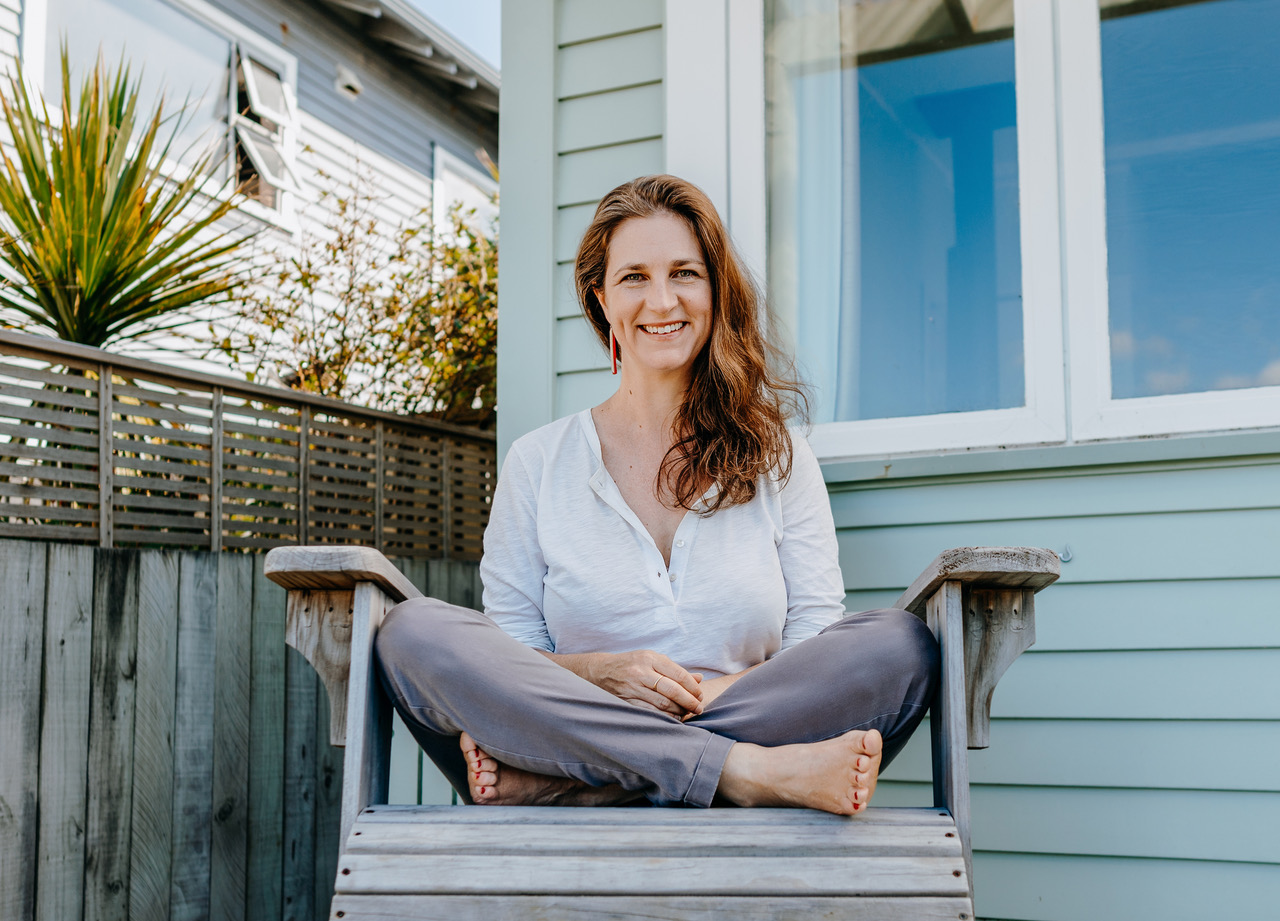There's more climate work happening than you probably realise
5 min read • Oct 15, 2025 6:10:11 PM

I'm sitting with a list of 15 organisations doing brilliant climate work in Aotearoa. All 15 could use funding. All 15 are addressing critical gaps. All 15 are led by people who've found creative, contextually relevant ways to move us forward on climate.
We're going to fund 3 of them.
This is the reality of climate funding in New Zealand right now - not that there isn't good work happening, but that there's more excellent work than there is money to support it.
Over the past few months, I've been deep in the process of selecting which organisations The Climatics will fund in our first round. It started with well over 100 organisations, involved downloading a spreadsheet from charity register to find every group mentioning climate change in their purpose statement (yes, really), and has taught me more about New Zealand's climate ecosystem than I expected.
The biggest thing I've learned? There is so much more happening than most people realise. And that feels important to share - not just because it affects our funding decisions, but because knowing this work exists is part of how we build momentum.
A snapshot of the landscape
I started with my own proactive mapping - organisations I knew, groups that other funders support, networks I'm part of. That gave me roughly 100 organisations. Then I downloaded the entire charity register and filtered for every organisation mentioning climate change in their official purpose. That search turned up over 1,000 environment-focused organisations. When I narrowed to those explicitly focused on climate change, I had a list of over 120.
So what did we learn?
The focus areas: Waste, food, and agriculture are the most common focus areas. These are tangible, everyday issues where people can see the connection between their actions and climate impact. It revealed something about where energy and attention is flowing in Aotearoa's climate response.
The budgets: There are organisations doing significant, sophisticated work on budgets under $20,000. Not "getting started" work or "side project" work - substantial programmes, clear impact, professional execution. They're volunteer run, but they’ve figured out how to punch well above their weight. It made me think differently about what "capacity" means. A lean budget doesn't necessarily mean limited impact - sometimes it means focused, efficient work by people deeply committed to their mission.
The diversity of approaches: Tools measuring emissions. Data. Kai sovereignty. Professional networks. Hyperlocal work and national networks. Most New Zealanders don't know most of these organisations exist. But they're doing the detailed, contextual, often unglamorous work that actually shifts things.
This created an interesting problem: how do you choose between excellent and excellent?
Narrowing the list
Narrowing from 120+ organisations to a fundable shortlist meant making decisions about where The Climatics’ funding - money raised from everyday New Zealanders - could have the most impact.
Some decisions were straightforward. We developed four funding focus areas based on where we saw gaps and opportunities in the landscape (read about them here: elevate the story, build the movement, transform the politics, support Māori-led climate action). This helped us move from 100-something organisations to 45, and then down further as we did deeper research.
Other decisions were trickier.
The international organisation question: We initially decided to exclude local branches of international organisations. But we encountered organisations that are technically local branches, yet are doing work that feels deeply contextually relevant to Aotearoa. This made us realise that "New Zealand organisation" might be less about links to others’ doing similar work in other countries and more about whether the work is genuinely responsive to this place. We're holding our original criteria for this round, but it's a question we'll revisit.
The budget size question: We set a threshold of organisations with budgets under $1 million. A $30,000 grant (roughly what each organisation would receive if we split our $100,000 target three ways) wouldn't move the needle much for a million-dollar budget. For a smaller organisation, that same amount could fund a new programme, hire critical capacity, or provide runway to test something new. However, $1M was a semi-arbitrary number - should the upper limit be $500k?
Where we landed
After months of research - reading annual reports, watching videos, talking to people in the sector, cross-referencing who funds whom - we've got to 15 organisations excited about. Eight of those will go to our curation team for deliberation.
I can't name them yet (we'll announce who we're funding once decisions are made), but I can tell you what rose to the top:
Work that's addressing root causes, not just symptoms. They're not just asking people to live more sustainably; they're shifting the conditions that make sustainable actions the default.
Strategies that build collective power. This connects directly to our theory of change at The Climatics - we believe change happens when people move from individual action to collective power. The organisations on our shortlist are creating spaces for people to act together.
Work that's contextually grounded. The best work we saw understood the specific political, cultural, and environmental context of Aotearoa. Not importing solutions from elsewhere, but building from here.
An uncomfortable tension
Here's what I want you to take from this: there is so much good climate work happening in Aotearoa. More than most people realise. More than gets headlines or recognition. Organisations led by committed, creative people who've figured out how to do significant work, often on tiny budgets.
That's something to celebrate. It's proof that momentum exists, that people are finding ways forward, that the climate movement here is more vibrant and diverse than it might appear.
But it also reveals something uncomfortable: these organisations are punching well above their weight because they have to. Behind those lean budgets is often unpaid or underpaid labour. Long hours. Precarious funding. That makes brilliant work possible, but it also makes it fragile.
We need a resilient climate sector, not just a scrappy one. People doing this hard, essential work need to be properly supported and resourced. The fact that so much is being done with so little shouldn't be a point of pride - it should be a call to action.
The Climatics is one small part of addressing that. We're not going to solve the funding gap on our own. But every donation, every bit of support, every person who decides to back this work - that's how we build the resilience this movement needs.
If you want to be part of that, donate here.
We're funding 3 organisations this round. Imagine if we could fund all 15. Then imagine what becomes possible when we do this again, and again, and grow the funding available for climate action in Aotearoa.
That's the future we're building towards.

Pip Wheaton - The Climatics Co-Founder
Growing up in rural Australia made Pip intensely curious about humans’ impact on the rest of the natural world. Her childhood saw her planting trees and rounding up sheep, finding snakes in her bedroom and echidna in the garden, and solo walks gazing at exceptionally starry skies. Pip works on climate change, both locally where she now lives in Te-Whanganui-a-Tara, and globally. Her work is informed by systems theory and a fierce sense of justice: her decision to work on climate is based on the recognition it is a symptom of deep faults in our social, economic, and political systems. She has worked in social entrepreneurship, local government, academia, and philanthropy across Australia, South Africa, the UK and Aotearoa. Pip is an award-winning social entrepreneur for founding enke: Make Your Mark, a youth leadership organisation in South Africa.
More recent stories

October 31, 2025
Two hours, seven organisations, three decisions
Two hours. Seven organisations. Three funding decisions. That's what was on the agenda Tuesday morni...

October 5, 2025
Transform the Politics - what it means and why it matters
This is the third of four blog posts exploring The Climatics' funding focus areas: elevating the sto...

September 11, 2025
From drops in the ocean to part of a wave
We all want our actions to matter. One of the defining features of climate change that makes it so h...
Join our Community
We’ll send stories and updates from The Climatics, plus ways to be part of climate action in Aotearoa.
Small gifts create big shifts
By pooling donations, small gifts add up fast. And every dollar goes straight to climate projects doing the mahi.

